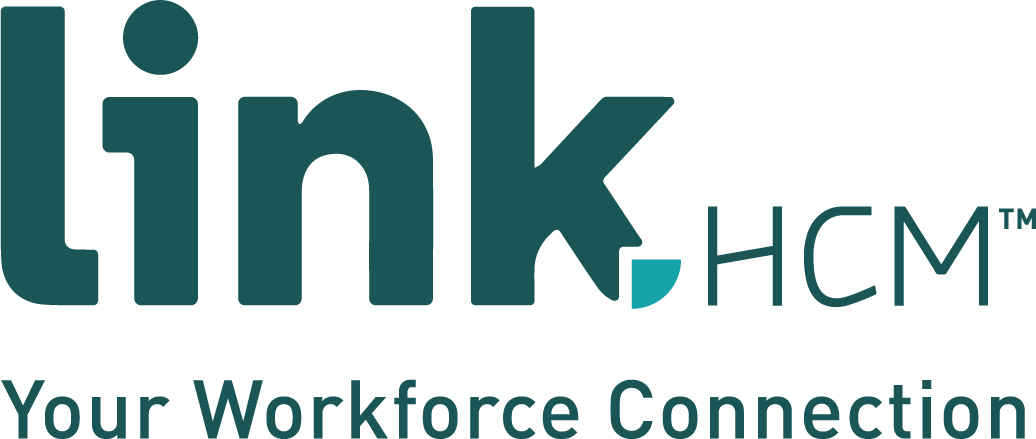
While the last year and a few months have been hugely challenging for HR representatives, the coming months bring a new level of uncertainty.
Now that vaccinations are rolling out nationwide and mask mandates are dropping, many workplaces are quickly considering how, when and in what manner to reopen their offices.
This brings up an issue for many organizational leaders and HR teams in considering what aspects of workplaces need to adapt, and how to implement adaptations. There is no denying, the post-COVID workplace will look vastly different from the pre-COVID workplace, no matter if you are staying remote or coming back into the office.
Now is the time to consider what workplace changes are necessary, from process and procedural updates to cultural and leadership approaches, and everything in between. As you get started, consider the following 3 factors to keep top of mind, provided by experts in compliance, HR technology and physical workplace security.
1. Make sure you are prepared for reasonable accommodation discussions.
Whether it is with vaccinations, workspace social distancing, maintaining a remote work schedule, or another topic entirely, employees have more unique needs, desires and motivators now than ever before. To prepare for this, HR should adopt an approachable and communicative mindset, opening the door for employees to bring their concerns in a comfortable way.
Before you connect with your employees for these discussions, make sure you are confident in details around compliance requirements and legislation to know what you must, can and should do in certain situations. Read up on the regulations that have recently come out, including the American Rescue Plan Act, Paid Leave, Vaccination Requirements and more.
Then, find a way to open the door to employees. Whether through a confidential survey or one-on-one discussions, be as approachable as possible to get the full picture of an employees' needs. In considering the request/accommodation, ask yourself a few questions:
- What is the reason for this accommodation?
- Can they be accommodated? What would we have to do to make that happen?
- Do they have medical or other documentation that supports what they say?
The key here: keep an open mind and ensure discussions with employees are a two-way dialogue.
On the note of vaccinations: it is mandatory to provide reasonable accommodations for employees who are unvaccinated due to medical or religious purposes. Read more about vaccination policy guidelines here.
2. Be conscious of your employers' stress and unusual interactions with customers.
In the last year, several new factors have plagued customer-facing workplaces. With mask mandates becoming highly politicized nationwide, employees have had to "police" customers in new ways, sometimes leading to high-stress, escalated situations.
This new burden on customer-facing workforces has brought additional stress and pain to employees and made their jobs a whole lot more challenging. Many are burnt out and shell-shocked from the last 14 months of COVID-19.
As an employer, be decisive and do your best to take action against bad customer behavior. Your employees need to know they have your support, and that you will take action. Keep in mind that your business is private property, and you get to decide who is allowed in and what they are allowed to do while they are on your property.
Additionally, employees are more likely to be facing mental health challenges now than before the pandemic. According to the CDC, during August 2020–February 2021, the percentage of adults with recent symptoms of anxiety or depression increased from 36.4% to 41.5%, and the percentage of those reporting unmet mental health care needs increased from 9.2% to 11.7%.
So, be thoughtful with your employees, and be aware that some may be experiencing new or more severe mental health challenges. If you haven't already implemented mental health policies or programs at your organization, now would be an ideal year to consider this.
3. Think hard about how you can change your business to be better than ever post-COVID.
Finally, remember that while the rules and regulations are something you need to work within and have a solid grasp on, the real opportunity is for organizations to take this moment to evolve.
As you think about how to grow and evolve out of the last year, a couple of factors can be your biggest support:
- Finding the right tools and software to support (not solve) specific challenges or functions.
- Empowering the people at every level of your organization to bring forth their ideas, thoughts and insights.
If you can have an open dialogue with your team and they can come up with new ideas and insights, you may be surprised what ideas they have. The only way to get this is to engage them and ask. Be flexible, looking at your plan as "wet concrete" and adapting as new factors and insights come forth.
What other things should HR be mindful of in the coming months? Let us know in the comments below!
We recently hosted a webinar featuring a roundtable of industry experts as they discussed the Post-COVID Workplace. Click here or below to access the webinar on-demand and slide deck.



Leave a Comment